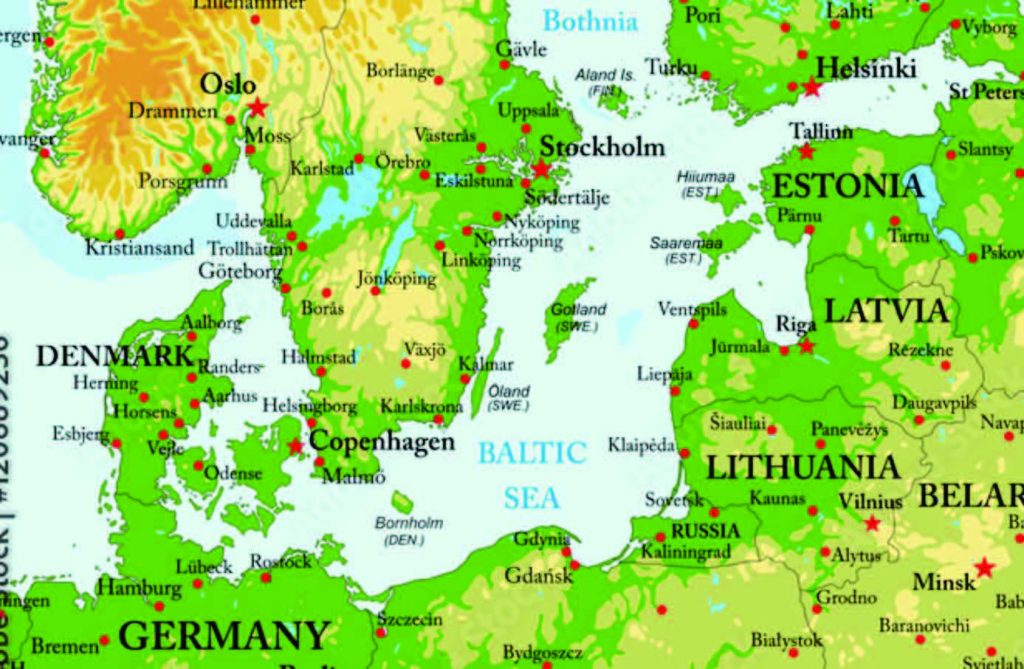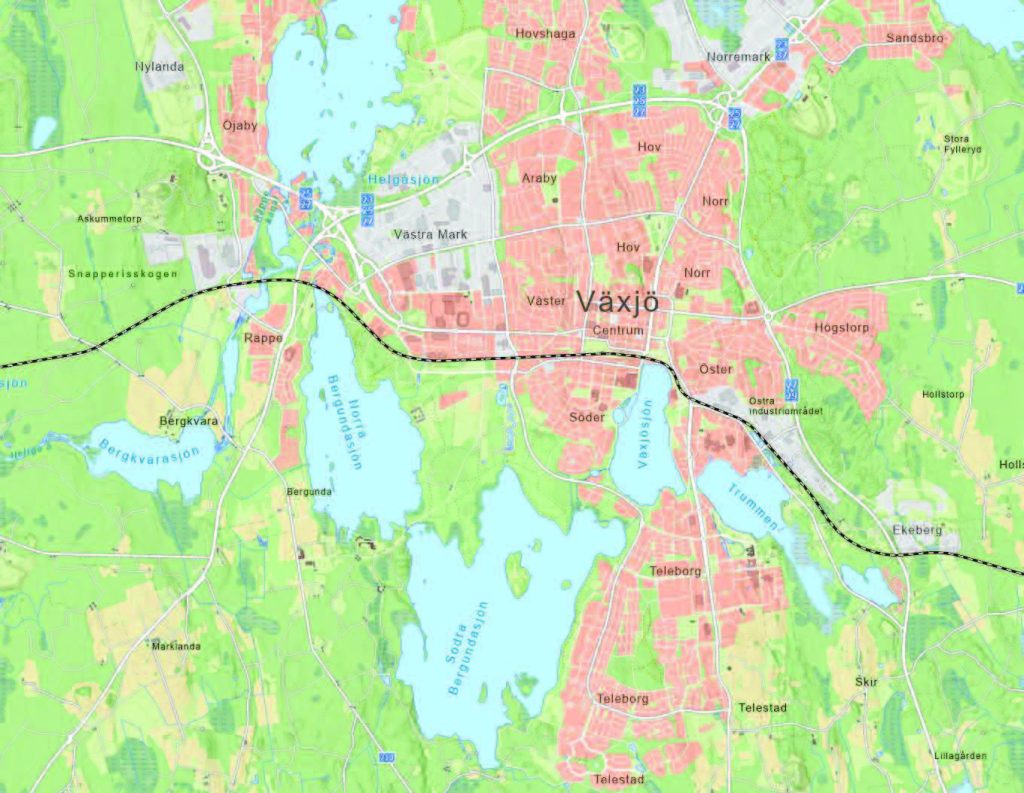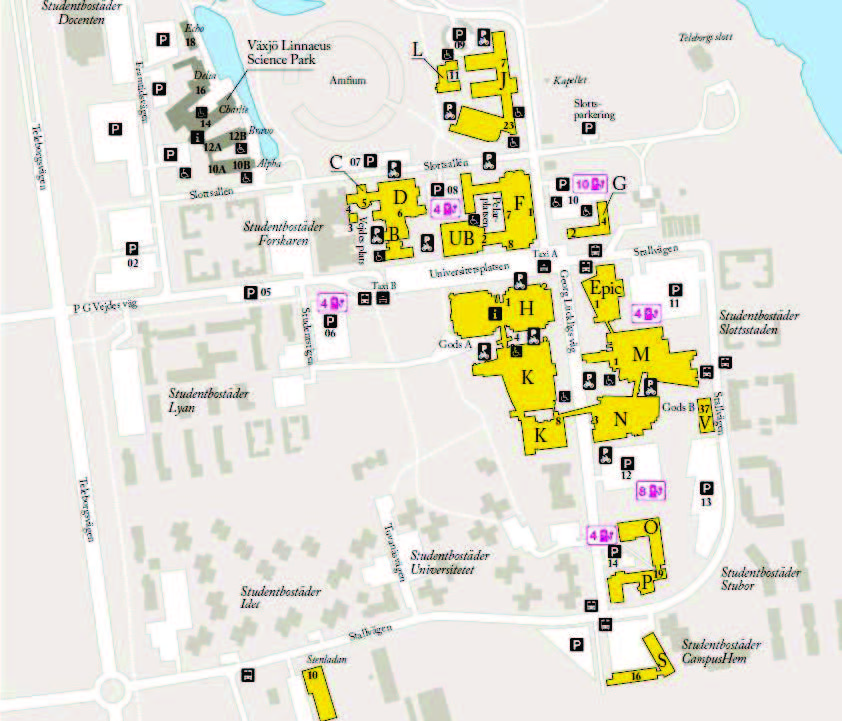The Congress Venue
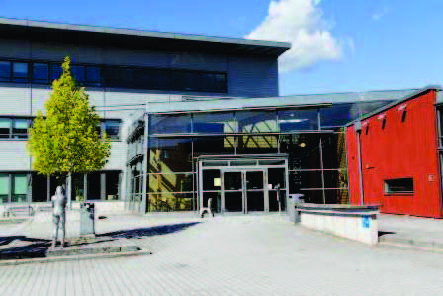
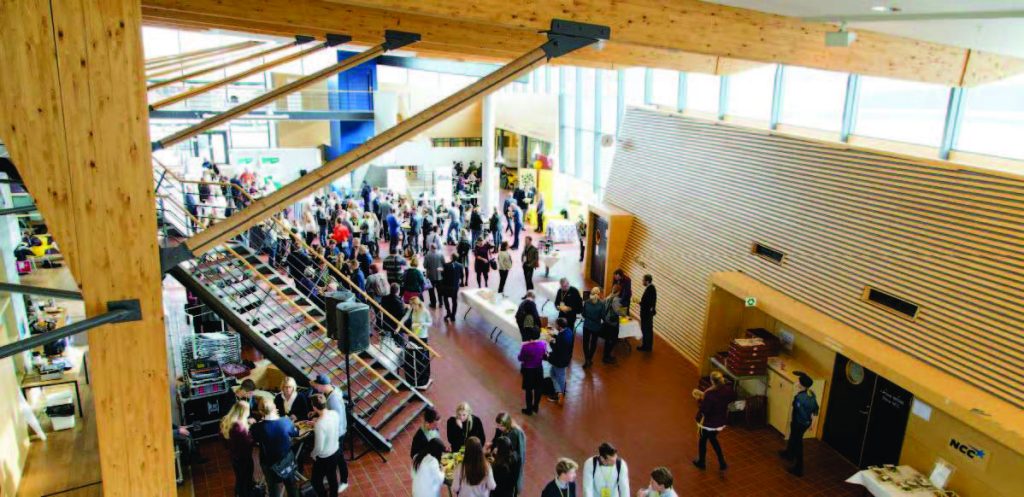
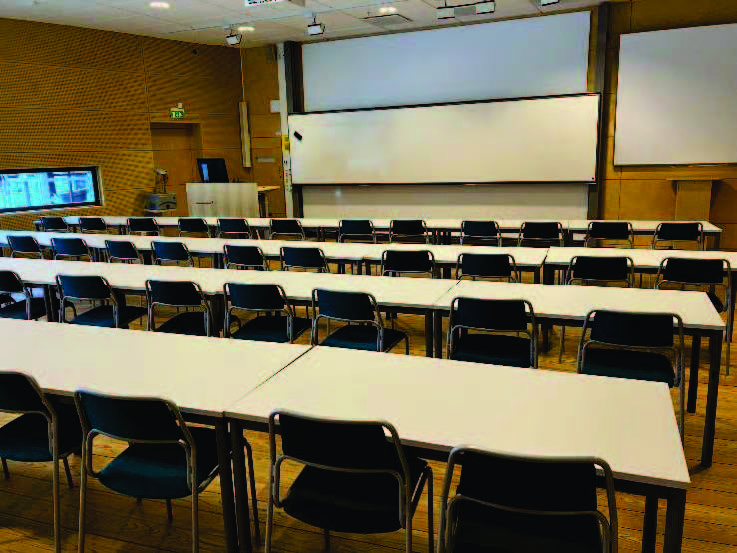
Linnaeus University was established in 2010 through a merger between Växjö University and Kalmar University College. It offers 150 degree programs and 1,300 single-subject courses.
Linnaeus University provides a creative and international knowledge environment that promotes curiosity, creativity, companionship and utility. With some 2,100 employees and 44,000 students it is a modern university with Småland as its base and the world as its arena. Studying and working at Linnaeus University involves being part of an environment that is characterized by knowledge and development. Students acquire new knowledge and learn to have a critical approach. Researchers make new discoveries that can bring change to our society. Employees share stories of a workplace with both challenges and opportunities. Linnaeus University is a university where people can reach their full potential.
Växjö is the capital of the Kronoberg Region in Småland, southern Sweden. The population of Växjö municipality is around 97 000 and the city has a good range of hotels and other accommodation, as well as many restaurants, cafés and bars. Växjö is well-connected to major cities and capitals in Scandinavia by train and through Växjö Småland Airport, an international airport located around 5 kilometers from the city centre.
The major campus of Linnaeus University is located around two kilometres south of the city centre and the train station. The university, which is a two-campus university comprising Växjö and Kalmar, is Sweden’s fifth largest with around 40 000 students, many of which are international students from all over the world. The university is also the home of the Linnaeus University Centre for Concurrences in Colonial and Postcolonial Studies, the leading research centre in Sweden for postcolonial studies and global and colonial history.
